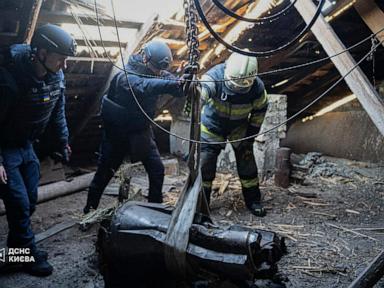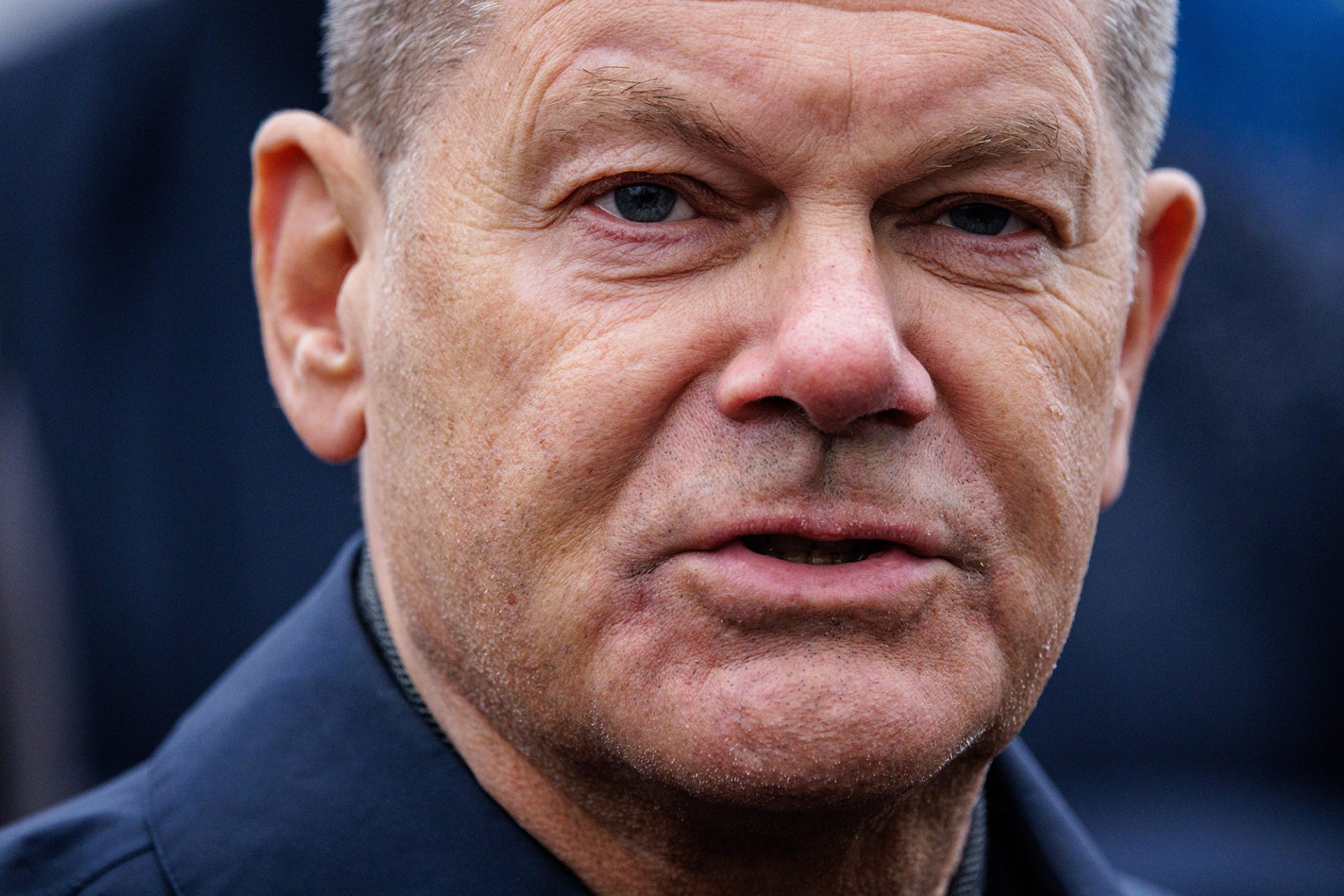ARTICLE AD BOX
ISRAEL faces a shortage of rocket and missile interceptors vital for its Iron Dome air defence system – meaning terrorist weapons could pierce through.
After a year of war in Gaza and now heavy fighting in Lebanon, Israel’s store of crucial $2million Arrow 3 missiles has taken a heavy hit.
 Israel’s Iron Dome defence system obliterates enemy missiles mid-air
Israel’s Iron Dome defence system obliterates enemy missiles mid-air Reuters
Reuters An Iron Dome launcher in action
An Iron Dome launcher in action
The specialist rockets are used to intercept ballistic missiles – fired by terror groups like Hezbollah in Lebanon – at significant distances from the Israeli border.
They form a key part of the $150million Iron Dome defence system which has kept Israel safe from countless onslaughts by air.
Now the country gears up to protect itself from attacks by Iran – potentially in partnership with its ferocious terror proxies.
Industry specialists, former military officials and analysts told The Financial Times that the shortage of interceptor missiles poses a serious threat.
There are concerns that Israel will have to choose which areas it defends if it doesn’t have enough missiles to cover the country.
The US is rushing to help patch up the gaps in Israel’s missile stores – announcing this week that it would be deploy a Terminal High-Altitude Area Defense (Thaad) antimissile battery.
If Iran responds to an Israel attack [with a massive air strike campaign], and Hezbollah joins in too, Israel air defences will be stretched
Dana StroulDana Stroul, a former senior US defence official specialising in the Middle East, said “Israel’s munitions issue is serious.
“If Iran responds to an Israel attack [with a massive air strike campaign], and Hezbollah joins in too, Israel air defences will be stretched.”
But she warned: “The US can’t continue supplying Ukraine and Israel at the same pace. We are reaching a tipping point.”
Boaz Levy, chief executive of Israel Aerospace Industries, a state-owned firm which produces the Arrow interceptors, said staff are working round the clock.
He said: “Some of our lines are working 24 hours, seven days a week. Our goal is to meet all our obligations.”
While Israel has never fully revealed the size of its interceptor stockpiles, he added: “It is no secret that we need to replenish stocks.”
Israel is widely known for its impressive multi-layered air defence network – made up of the Iron Dome, David’s Sling and the Arrow 2 and 3 systems.
It is designed to intercept rockets that are travelling in the direction of urban areas and bring them down – making it the first system of its kind in the world.
Iron Dome batteries are spread across the country, comprised of three or four launches, each holding 20 interceptor missiles.
The system detects and tracks incoming rickets and fires at those expected to land on populated areas – destroying them with its own ‘Tamir’ missiles estimated to cost some $50,000 each.
David’s Sling can destroy longer-range rockets, cruise missiles and medium or long-range ballistic missiles from up to 300km.
Meanwhile the Arrow systems can defend against medium and long-range ballistic missiles when they are fired from up to 2,400km away.
America’s Thaad battery, designed to shoot down ballistic missiles, will work alongside Israel’s Arrow system.
In the last year Iron Dome has shot down the majority of enemy drones and missiles fired by Iran and its proxies in the Middle East.
Hamas in Gaza, Hezbollah in Lebanon, Houthi militants in Yemen and various Iraqi militias have fired short and long-range rockets, drones and ballistic missiles towards Israel.
Iran fired hundreds of ballistic and cruise missiles as well as drones at the country in April.
The Israeli military claimed that, with the help of the US and other allies and its air defences, it obliterated 99 per cent of them.
But it had less success in the latest Iranian missile attack – over 180 ballistic rockets – on October 1.
Over 30 hit Israel’s Nevatim air base, according to open source intelligence analysts, with one even exploding some 700 metres from Mossad HQ, Israel’s spy agency.
Over 20,000 rockets and missiles have been fired at Israel over the past year from Gaza and Lebanon alone, Israel claims.
Ehud Eilam, a former researcher inside Israel’s Ministry of Defence, said: “During the October 1 attack, there was a sense the IDF reserved some Arrow interceptors in case Iran fired its next salvo at Tel Aviv.
“It’s only a matter of time before Israel starts to run out of interceptors and has to prioritise how they are deployed.”
On Sunday, Hezbollah killed four Israeli soldiers at a military base in the centre of the country in a drone attack.
Assaf Orion, former Israeli general and Israel Defence Forces strategy boss, said: “We are not seeing Hezbollah’s full capability yet.
“It has only been firing at around a tenth of its estimated prewar launching capacity, a few hundred rockets a day instead of as many as 2,000.
“Some of that gap is a choice by Hezbollah not to go full out, and some of it is due to degradation by the IDF . . . But Hezbollah has enough left to mount a strong operation.
“Haifa and northern Israel are still on the receiving end of rocket and drone attacks almost every day.”
 AP
AP People evacuating a military base near Binyamina – after a Hezbollah drone strike killed four soldiers there
People evacuating a military base near Binyamina – after a Hezbollah drone strike killed four soldiers there AFP
AFP.png)
 1 month ago
1
1 month ago
1








 English (US)
English (US)